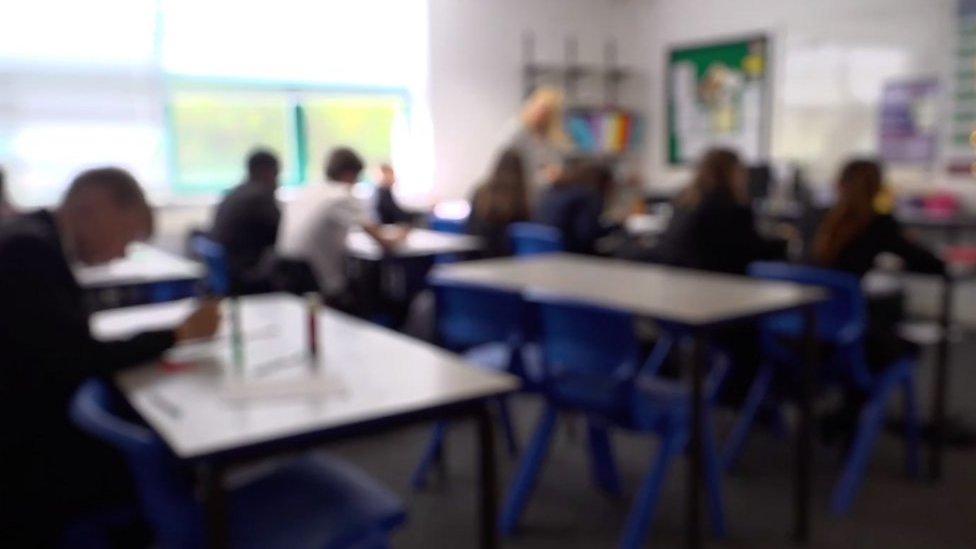School strike: Thousands of pupils told to stay home
- Published
"We'd all like a little bit more money, but is it the way forward?"
Thousands of pupils are being told to stay at home next Wednesday due to a planned teachers' strike.
Many schools will close altogether and classes in some others will not run because of action by the National Education Union (NEU).
It is the first of four planned strike days over pay by teachers and support staff.
Discussions between unions and the Education Minister Jeremy Miles have so far failed to resolve the dispute.
At the same time, the National Association of Headteachers (NAHT) is beginning industrial action short of a strike, which includes only doing some tasks in core hours and refusing to cover striking staff.
NEU's senior policy officer, Mary van den Heuvel, said the impact of the strike would be a "mixed picture".
"Quite a few schools are going to be closing next week because they've got high density of our members," she said.
"Others with very few members in probably won't see much of a difference."
Senior union officials have already rejected the Welsh government offer of a one-off payment offered to teachers and school heads.
Childcare concerns
Melissa Bartlett from Barry, Vale of Glamorgan, has two children who are seven and eight.
She said: "I only have my mum to rely on for childcare, so I have to take the day off work to be able to watch her while he's in school [and] so I miss out on a day's pay.
"I'm a care worker, and I'm on little pay, so I think we all would like a little bit of money in this crisis that we're all in. But is it the way forward? I don't know."
Peter Avaient said he would likely take childcare duties for his grandchildren if the strike affects schools in Barry, Vale of Glamorgan.

Grandparent Peter Avaient says he supports the strike by schools staff
But he said he supports schools staff in getting "what they need to get".
Mum-of-two Kirsty Bale said: "I'm not against [the strike], they are doing what... needs to be done really.
Emma Parish, who looks after her two grandchildren, said: "They need to do what they need to. I'm happy to let it go ahead".
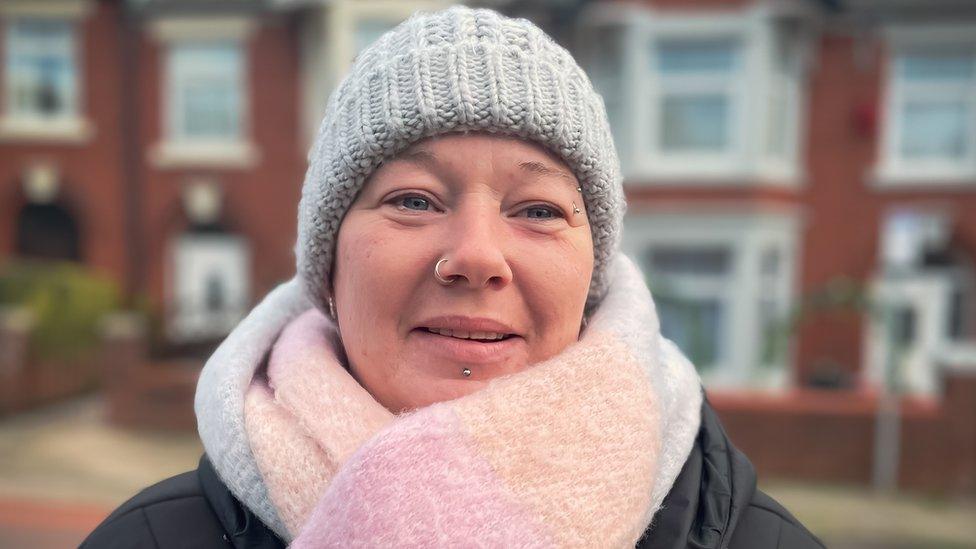
Emma Parish says teachers need extra support
Redressing pay gap
Ms van den Heuvel said "members aren't taking strike action lightly" and would rather be in the classroom.
She said discussions with the government were ongoing, adding a strike was "looking quite likely at this stage".
"Pay in particular is the reason for the industrial dispute, but there's lots of bits," she said. "There's a lot of issues around workloads... [and] the level of change that's happening in our schools."
"It's also about redressing the pay gap over the last 10 years," she said, claiming teachers had seen a 20% fall in real-terms wages since 2013.

The strike is partly about a decade long fall in real-terms pay cuts, said the NEU's Mary van den Heuvel
One council said it was expecting "significant" disruption, and urged parents to check school websites for the latest information.
Torfaen council said planning was challenging "given the level of uncertainty around staff attendance and availability".
It said three schools would be fully closed to pupils, 16 would be partially closed, while three would be fully open, with 13 yet to confirm.
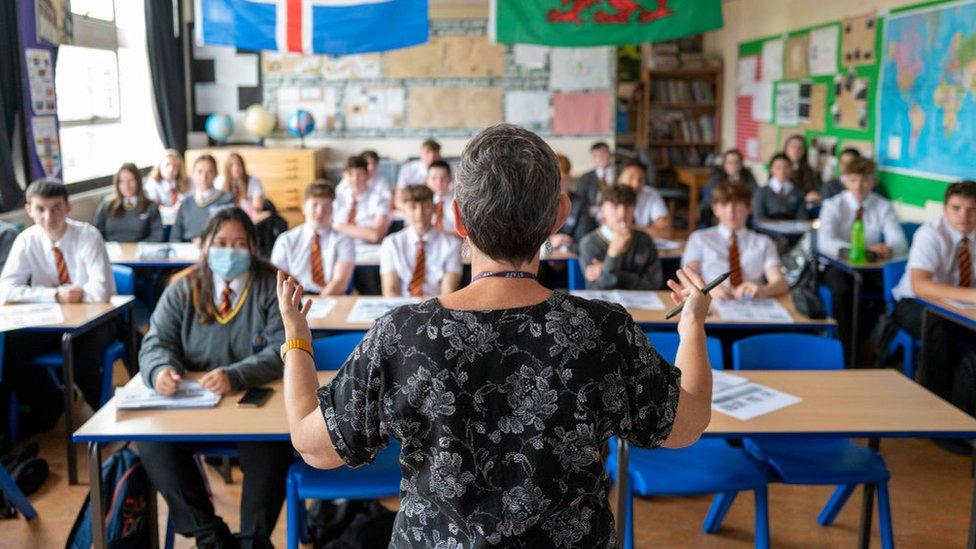
Teachers were offered a 5% pay rise last year but the NEU is looking for 12%
In Cardiff 61 schools will be closed and 50 partially closed, while 15 will remain open.
Denbighshire council said it was updating information on its website.
In Flintshire 42 schools will be closed and 17 partially closed.
Blaenau Gwent council said all schools would close, except Ysgol Gymraeg Bro Helyg.
No schools will be fully closed in Ceredigion but eight will only partially open.
Vale of Glamorgan council said 11 had confirmed they were closing and six would partially close, but that the number could grow.
In Pembrokeshire seven are set to shut and 16 partially.
A third of the county's teaching staff are eligible to join the industrial action, according to the council.
In Carmarthenshire, the council knew of 20 schools set to close and 39 partially close.
It said 54 schools and units would stay open but warned the figures could change.
Will my school be affected?
There is a good chance it will be. But the extent of any impact will vary from school to school.
Headteachers will know how many NEU members are part of the staff but they may not know how many will be striking.
After risk assessments, they are making judgments on whether the school will be able to operate with safe staffing levels.
Some schools will close altogether while others will only be open for some pupils.
Education Minister Jeremy Miles said heads would probably be "erring on the side of caution" because of the difficulties of planning with limited information.
How will I know if my child's class or school is affected?
Schools or councils are letting parents and guardians know through emails or texts.
The education minister said councils were keen to give parents as much notice as possible.
Many will have to make arrangements with employers or arrange other care if children are not in school.
Mr Miles said everyone would be "worried about parents having to take time off to look after their children when they may be losing pay".
Who is striking?
Teachers and support staff signed up with the NEU will be eligible to strike in Wales after a ballot returned a vote in favour.
The union said it had balloted about 13,000 members over the strike action.
Unlike some other unions, more than 50% of NEU members voted, thus crossing the threshold for industrial action.
Teachers in England will also be striking. Other unions are taking part in industrial action in Northern Ireland and Scotland. Members of the NAHT in Wales, which mainly represents primary school heads, also start industrial action on 1 February.
They say they will limit meetings and calls to core hours and won't make arrangements to cover for staff taking part in industrial action.
Why are teachers striking?
They are calling for more than the 5% pay uplift offered by the Welsh government, saying their pay has been eroded over many years.
They want an above-inflation rise of around 12% and say it should be fully funded, meaning it should not come from existing school budgets.
Unions are worried about squeezed budgets in education in general and they also have concerns about workload.
The NASUWT and UCAC unions also balloted members but they did not cross the turnout threshold, but could hold another vote.
The Association of School and College Leaders, which mainly represents secondary school heads, has not yet had a formal ballot but it says it is still an option.
Will other staff be covering lessons?
Teaching staff cannot be forced to cover classes of colleagues taking industrial action.
Trade union laws in Wales also mean supply teachers cannot be hired to do the work of striking staff.
It means that even if there is only a handful of NEU members in a school, many pupils could still have to stay at home.
Will my child be taught online?
It depends on the school. Mr Miles said online provision is one of the options open to schools.
Non-striking staff could be asked to provide online lessons to pupils who have to stay home.
That may not be live lessons but could be resources which pupils can access in their own time.
Will there be picket lines outside schools?
Yes, in some cases according to the NEU.
Could the strikes be cancelled?
This is the first of four planned strike dates - the others are 14 February, 15 March and 16 March.
The unions, councils and Welsh government say they want to keep talking to try to resolve the dispute.
The Welsh government has argued it is unable to fund a more generous pay offer, but Mr Miles said he was "absolutely committed " to working with the unions to find a resolution to the dispute.
It has discussed a one-off payment for staff, similar to what's been offered to health workers.
They are also discussing ways to ease workload. But unions said it did not "go anywhere near" meeting their demands.

A SPECIAL SCHOOL: Behind the scenes at a school like no other
ICONIC WELSH PEOPLE, PLACES AND THINGS: Kiri Pritchard-McLean unearths the best clips from the BBC Wales archive

- Published22 January 2023
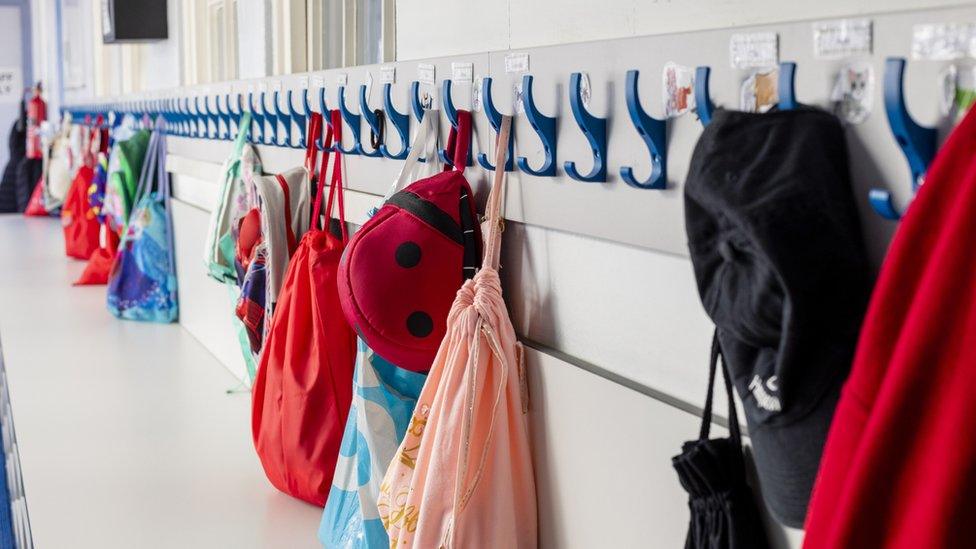
- Published16 January 2023

- Published1 December 2022
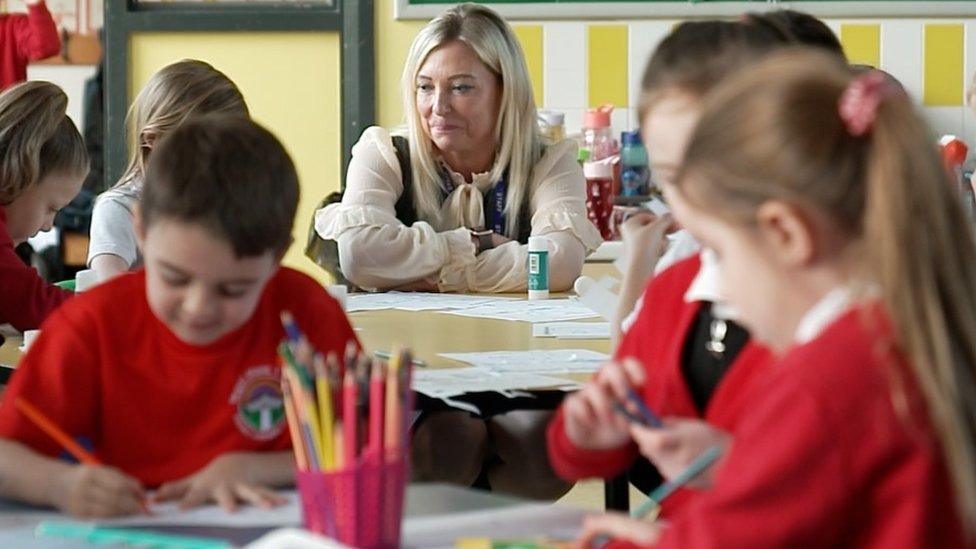
- Published14 November 2022
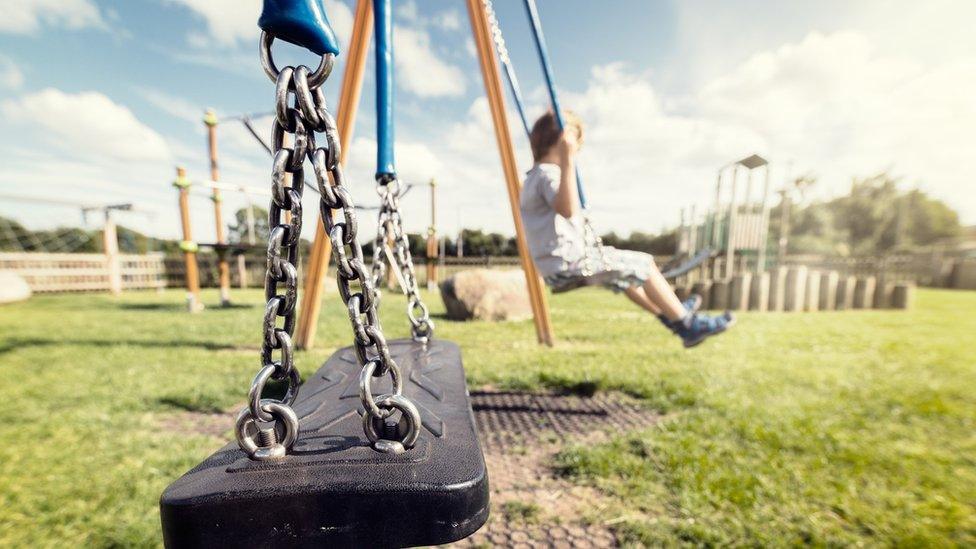
- Published27 October 2022
